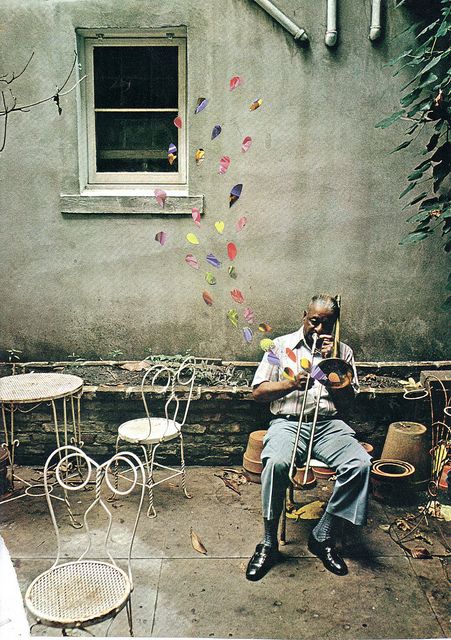
Music is the mediator between the life of the senses and the life of the spirit. – Beethoven
“We surrender to music when we listen to it – we allow ourselves to trust the composer and musician with a part of our hearts and our spirits. We let the music take us somewhere outside ourselves. The power of music is that it can connect us to one another, and to larger truths about what it means to be alive and what it means to be human. That is how we are moved by music, ” writes Daniel J. Levitin in his renown book Your Brain on Music.
1100 years ago, Fârâbi (c.870-950), the erudite music theorist and Neoplatonist philosopher, wrote The Grand Book of Music, which served as a fundamental source on the theory of music in the east and the west. In addition to having mastered the theory and technical aspects of music, he was also bestowed with powers as a musician. He was an outstanding lute player. He would play three different tunes which could make his audience either laugh, cry or sleep. Years after his discoveries in music, psychoacoustics labs have shown that musical therapy, listening to certain types and frequencies of music help people overcome a broad range of psychological and physical problems.
Music induces emotional states in us, Levitin states:
The chords set the mood. A single high note can convey excitement, a single low note sadness. The moods that music create are part of its mystery. What most of us turn to music for is an emotional experience. Because music has the power to induce a certain emotion that will bring back a certain memory, an experience or an emotional state. Through the associations it creates, it enables the listener to access the inner world and discover his own connections. This makes the music more meaningful.
He cites the famous saying of the Nobel laureate biophysicist, and neuroscientist Francis Crick (1916-2004) : “ Your brain on music is all about connections. ”
Going over and above the tecnical skill of the musician, he accentuates the intention of the composer, and cites the neuroanatomist Andrew Arthur Abbie (1905-1976) :
Man’s highest powers are expressed in music. Even the most uptight and analytical among us can be moved by Shakespeare or Bach. One marvels at the craft these geniuses have mastered with language or with notes which ultimately conveys a different type of communication.
So – in a scientific sense, why are some musicians superior to others when it comes to the emotional (versus the technical) dimension of music ? Interviews and diary entries of musicians from Beethoven and Tchaikovsky to B.B. King and Stevie Wonder suggest that part of communicating emotion involves something other than technical skill, something that yet remains mysterious. Levitin indicates studies which show that in the absence of sound, by just attending to the musician’s movements, posture and playing style, the nonmusician listeners can detect the intentions of the performer.

He distinguishes the intention of the musician as a significant factor in determining the effect of the musical performance :
In the end, the essence of music performance is being able to convey emotion. The ability to draw us into a performance so that we forget about everything else is a special kind of ability. It is unusual to let oneself become so vulnerable with a total stranger. Yet an entrancing sense of vulnerability and surrender overcomes us. We allow the musician to drive our emotions – to lift us up, to bring us down, to comfort us, to inspire us.
Dr Bahram Elahi wrote in attribution to Ostad Elahi, philosopher, jurist and master musician of the 20th century :
The relationship between the musician’s spiritual quality and his music is similar to that of the flower and its perfume : the music takes its soul, its “perfume” from the artist.
An artist who is endowed with transcendent inspiration can emanate a profoundly lasting effect through his music. Levitin states that such a gift naturally wrapped with personal magnetism, or charisma, is independent of any other abilities he may or may not have. “ It is also important to distinguish celebrity from expertise and grandeur. The factors that contribute to each aspect may be totally different, and even unrelated to each other…Connection to the artist or what he stands for can be a part of our musical preferences. ”
The effect music evokes on the listener then is measured by the extent of the musician’s ability to create a deeper state of consciousness, and an exhilirating sensation of an “otherworldly” being. Simultaneously it engages one in a hypersensitive mode of awareness. “Music,” Beethoven says, “is the mediator between the life of the senses and the life of the spirit”.
Duygu Bruce







